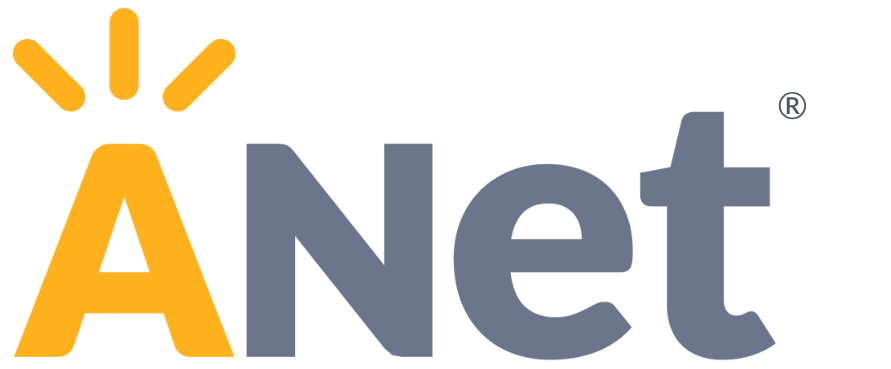by Sarah Tierney
Great coaches know that asking the right questions makes all the difference when it comes to figuring out how to support teachers. When a coach understands what a teacher is actually thinking or feeling—not what they might assume he or she is thinking or feeling—they can make informed decisions about how to support their growth. The right questions help those on the receiving end, too: They push teachers to articulate their thinking, increase their self-awareness, and uncover new possibilities for their learning and development.
Read this article by Amy Jen Su to learn more about how open-ended questions are “the difference between a one-way interrogation and a dynamic learning session.” In addition to open-ended questions, questions like, “What would you like to see happen in your classroom?” and “What would have to change in order for you to be able to do X?” empower teachers to generate their own solutions for the challenges they face. These questions allow a coach and coachee to align on a shared vision of success (and the support that success will require) so they can create a plan with incremental “bites” along the way.
“It’s been proven time and time again that the most powerful reflective tools for busy, often over-worked educators is time, silence, and the right question to point them in the right direction.
Prompting teachers and leaders with a few critical questions and the space to solve their most pressing problems allows them to arrive at conclusions on their own—causing the solution(s) to stick better and longer than if I had made a recommendation—and builds their capacity to be problem-solvers in their buildings. ”
Click below to access a guide for principals and instructional coaches to use as a tool to structure conversations with probing and reflective questions. Following this flow of questioning will help you align with teachers on the specific challenge(s) you're setting out to solve and pave a thoughtful path to ongoing support and development.
We’ve spent ten years learning from thousands of leaders and teachers across the country about the things that make a big difference for schools. Now, we want to give you the opportunity to do the same. We’ve organized these Lessons From the Field in our resource area by our main areas of focus—everything from harnessing the power of formative assessments to fostering a culture of adult learning.
Sarah is a director of new partnerships and former coach at ANet. She’s leading the Lessons From the Field project.

